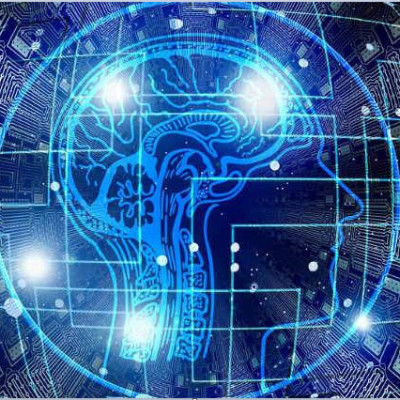
2022-03-10
Visited : 1738
Speaking on the sidelines of the 12th edition of Bengaluru India Nano 2022, Prof Rangaramanujam Kannan explained the importance of nanotechnologies designed for targeted delivery of medications.
Targeted, localised and appropriate reprogramming of reactive macrophages can have a significant impact on many disorders, a recent research has found.
Prof Rangaramanujam Kannan, a faculty at Center for Nanomedicine, Wilmer Eye Institute, John Hopkins School of Medicine said the targeted delivery of drugs to specific cells at remote sites of injury was a challenge. Taking advantage of the selective, intrinsic, pathology dependent, reactive microglia/macrophage uptake of dendrimers (tree-like nanoparticles) in more than 40 models of central nervous system (CNS), ocular, and systemic disorder models in six species (mouse to primates and humans), he designed dendrimer-drug conjugates.
Speaking on the sidelines of the 12th edition of Bengaluru India Nano 2022, he explained the importance of nanotechnologies designed for targeted delivery of medications.
“We show that appropriate manipulation of reactive glia/macrophages can have a dramatic impact on inflammation, oxidative stress, excitotoxicity, neurobehaviour and cognition in many models. These results not only provide unique insights into the role of macrophages on disease and repair, but also offer opportunities for developing potent systemic therapies for unmet needs, from childhood disorders such as cerebral palsy, to disorders affecting the elderly such as Covid-19, age-related macular degeneration (AMD), and Alzheimer’s Disease. The systemic therapeutic approach opens avenues for the technology to benefit patients across a broad economic spectrum,” he said.
Explaining further, the researcher added that nanotechnology has emerged as a new means of treating neurological disorders. “Therapeutic delivery to the brain faces several barriers to achieving sufficient drug concentrations at the diseased site. Nanotechnologies can be engineered to cross the blood-brain barrier and target specific cells,” he added.
Dr Rangaramanujam showed that a single intravenous dose of dendrimer-drug conjugate, administered after birth to rabbit kits with cerebral palsy results in significant improvement in motor function and a decrease in neuroinflammation and oxidative injury by five days of age.
“Tiny molecules such as N-acetyl-L-cysteine (NAC) were delivered directly to the brain. We gave a single dose of our nanomedicine and in five days the rabbit started hopping,” he said.
Dr Rangaramanujam is also working on developing a Covid 19 anti-inflammatory drug, the phase II stage II trial of which is underway.
“Severe inflammation is a major hallmark of Covid-19. The inflammation occurs not only in lungs but other parts of the body and could result in death. A single dose of our drug given intravenously to hospitalised Covid-19 patients treated systemic inflammation. We have seen 40 per cent improvement in survival among severe Covid-19 patients who got the drug. This nanomedicine targets macrophages affected by hyper-inflammation throughout the body,” he said.
Read the original article on The Indian Express [P] Ltd.